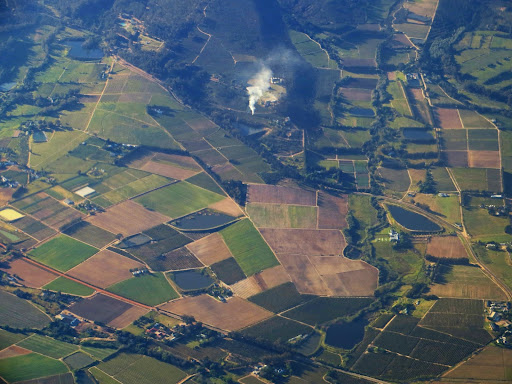
If you’re venturing into real estate and property development as a land developer, you’ve probably heard the terms “Environmental Impact Assessment” and “Environmental Site Assessment” thrown around. These two assessments are crucial for understanding and mitigating the environmental impacts of your projects. Read on to find out why EIAs and ESAs are necessary for land developers.
Table of Contents
The Purpose of Environmental Impact Assessments (EIAs)
Environmental Impact Assessments (EIAs) are comprehensive evaluations of the potential environmental impacts of your development projects. The primary goal of an EIA is to assess how your development project might affect the environment. This includes examining the project’s potential impacts on air and water quality, biodiversity, noise levels, etc. In many countries, completing an EIA is a legal requirement for certain types of development projects. Ignoring this step could lead to fines, project shutdowns, or other legal consequences.
One thing you also need to be conscious of as a land developer is that you’re not just building structures; you’re shaping communities and landscapes. And with great power comes great responsibility. Environmental Impact Assessments help you identify potential environmental issues early on so you can take steps to minimize or mitigate them. It’s like preventative medicine for the environment.
There’s also the issue of public relations. A good reputation goes a long way in the real estate industry. Showing you’re committed to protecting the environment and engaging with the community through the EIA process can boost your image and foster trust among potential clients and real estate investors.
The Role of Environmental Site Assessments to Land Developers
While EIAs examine the broader environmental impacts of your projects, Environmental Site Assessments (ESAs) take a closer look at a specific piece of land you’re looking to develop. The primary goal is to assess the environmental risks and liabilities associated with a particular piece of land. And Phase 1 ESA is fundamental in this process. A Phase 1 Environmental Site Assessment is a crucial preliminary step in evaluating the environmental condition of a property before undertaking any development, purchase, or renovation activities. You must be able to inform the client about the environmental condition of the property they are looking to invest in.
The Phase 1 ESA encompasses a site inspection, historical research, regulatory review, interviews with relevant parties, and the preparation of a Phase 1 ESA report. During the site inspection, environmental consultants meticulously examine the property and its surroundings to identify any signs of potential contamination or environmental hazards.
Historical research is also done into the property’s past land uses, activities, and potential environmental incidents. Regulatory review is also required to ensure compliance with local, state, and federal environmental regulations.
The land developer may also interview past and present property owners, tenants, and neighbors within the area to obtain valuable insights. The Phase 1 ESA report then summarizes findings, outlines any identified environmental concerns, and may recommend further investigation if needed.
As a land developer, this information is invaluable because it helps you identify environmental risks and make informed decisions about your projects while ensuring legal compliance.
Why EIAs and ESAs Matter to Land Developers
Both EIAs and ESAs are critical for land developers for several reasons:
- Risk Mitigation
- Legal Requirements
- Project Planning
- Financing and Insurance
- Community Relations
Being transparent about your environmental due diligence can enhance your reputation as a responsible developer. It shows the community how committed you are to protecting the environment and their well-being. In essence, as a land developer, there’s every reason to conduct a thorough assessment on whatever land you wish to develop to avoid unpleasant surprises down the road.
How to Incorporate EIAs and ESAs into Your Development Strategy
Now that you understand the importance of both EIAs and ESAs consider integrating them into your development strategy from the outset. Here’s how:
- Early Assessment: Conduct EIAs and ESAs as early as possible in your project planning to identify any potential roadblocks or environmental concerns.
- Budget Planning: Include the costs associated with these assessments in your budget planning for a development project. They are necessary expenses that can save you from unexpected setbacks later on.
- Collaboration: Work closely with environmental consultants and experts who can guide you through the assessment processes and provide valuable insights.
- Compliance: Ensure your EIA and ESA processes comply with local, state, and federal regulations. Failing to do so can lead to legal issues.
Conclusion
Environmental Impact Assessments (EIAs) and Environmental Site Assessments (ESAs) are fundamental tools for land developers. They help you protect the environment, meet legal requirements, secure financing, and make informed project decisions. Failing to conduct your due diligence can not only cause harm to the environment but also cause failure of your projects and damage to your reputation in the industry.